HVTS® Cladding Delivers Biomass Boiler Protection at Vattenfall Plant
Plant Background
The Idbäcksverket combined heat and power (CHP) plant, operated by Vattenfall since 1997, is a vital energy facility in Nyköping, Sweden. The plant supplies 95% of the Nyköping urban area with district heating and electricity, supporting Vattenfall’s commitment to fossil freedom. The facility primarily uses renewable biomass fuel sources, mainly industrial and forestry waste.
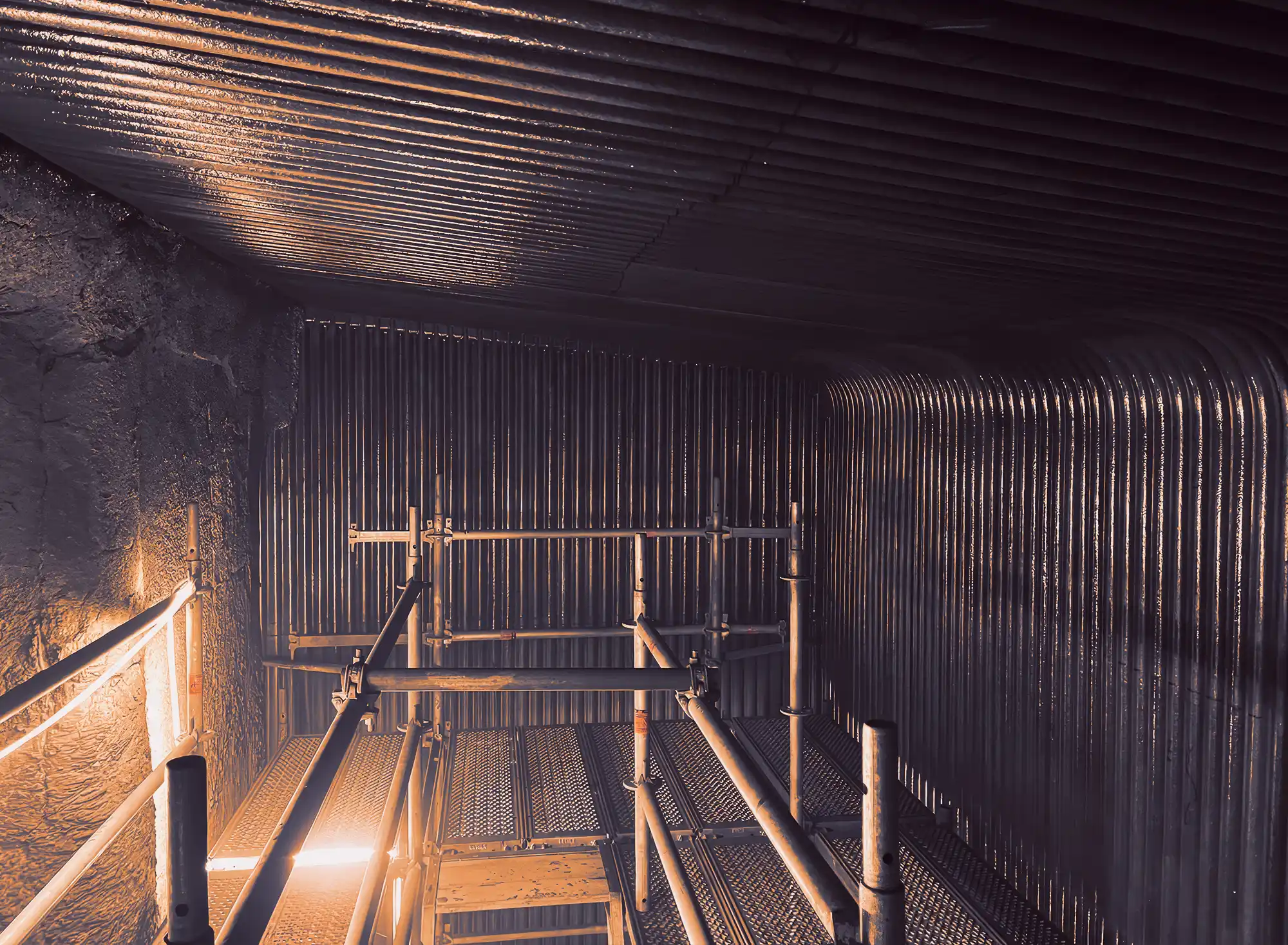
The Challenge
At this power facility, a biomass-fired Bubbling Fluidized Bed (BFB) boiler processing waste wood faced erosion and corrosion damage, particularly affecting the waterwall surfaces. This boiler erosion posed a serious threat to operational reliability, increasing the risk of tube leaks and unplanned outages.
Image: Severe erosion and corrosion damage on biomass boiler surfaces
The Solution
The plant partnered with Integrated Global Services (IGS) to combat biomass boiler erosion. IGS deployed High Velocity Thermal Spray (HVTS®) cladding, a proven biomass boiler protection technology.
Key Features of HVTS® Application:
- 500-micron corrosion-resistant alloy (CRA) cladding to create a robust erosion barrier.
- Ultra-dense layering technology to prevent surface degradation.
- Extended protection of waterwalls and connecting furnace areas.
- Enhanced lifecycle of existing Inconel-protected panels without requiring complete replacement.
Image: Biomass boiler waterwall surfaces protected with HVTS® cladding
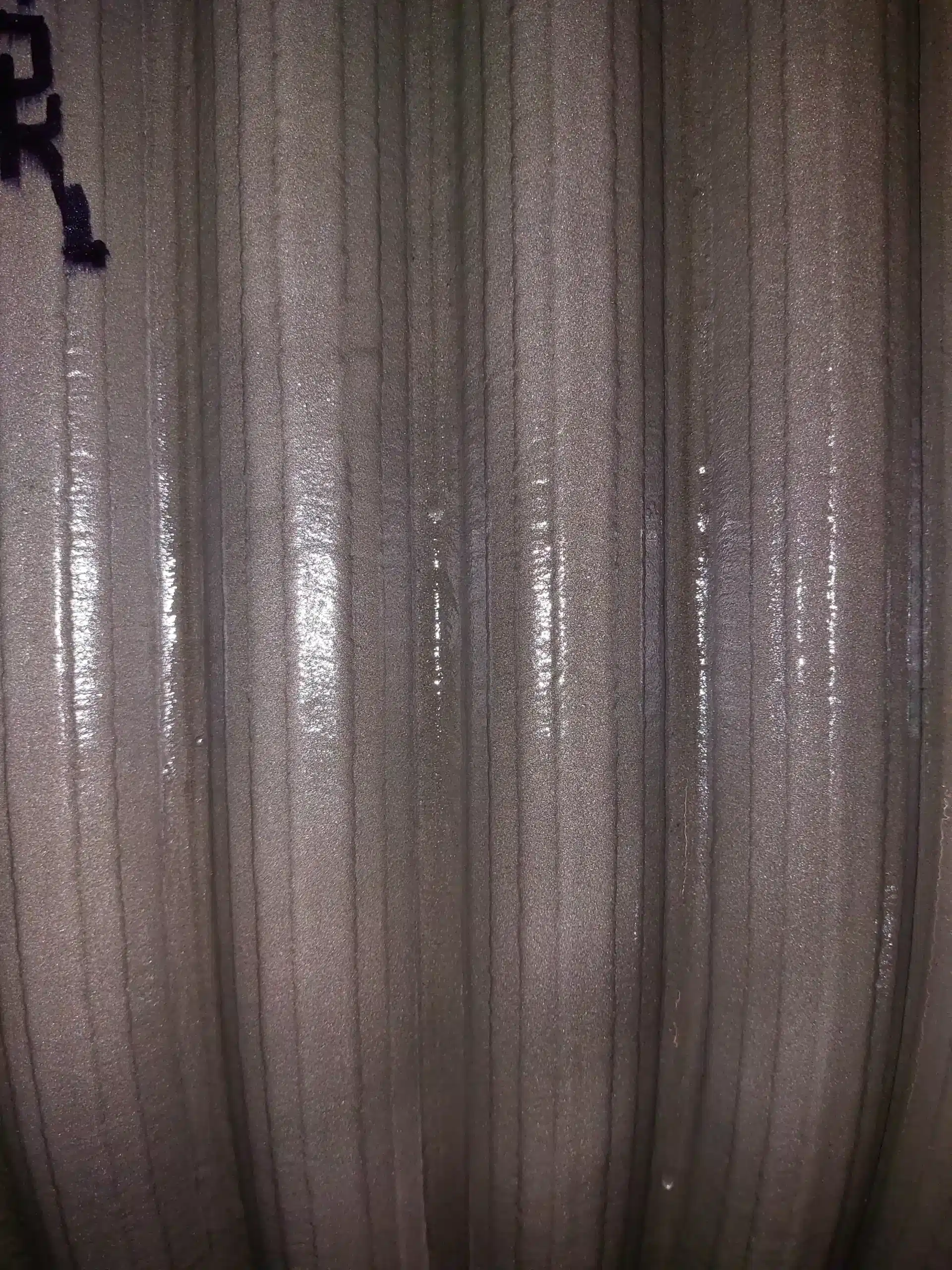
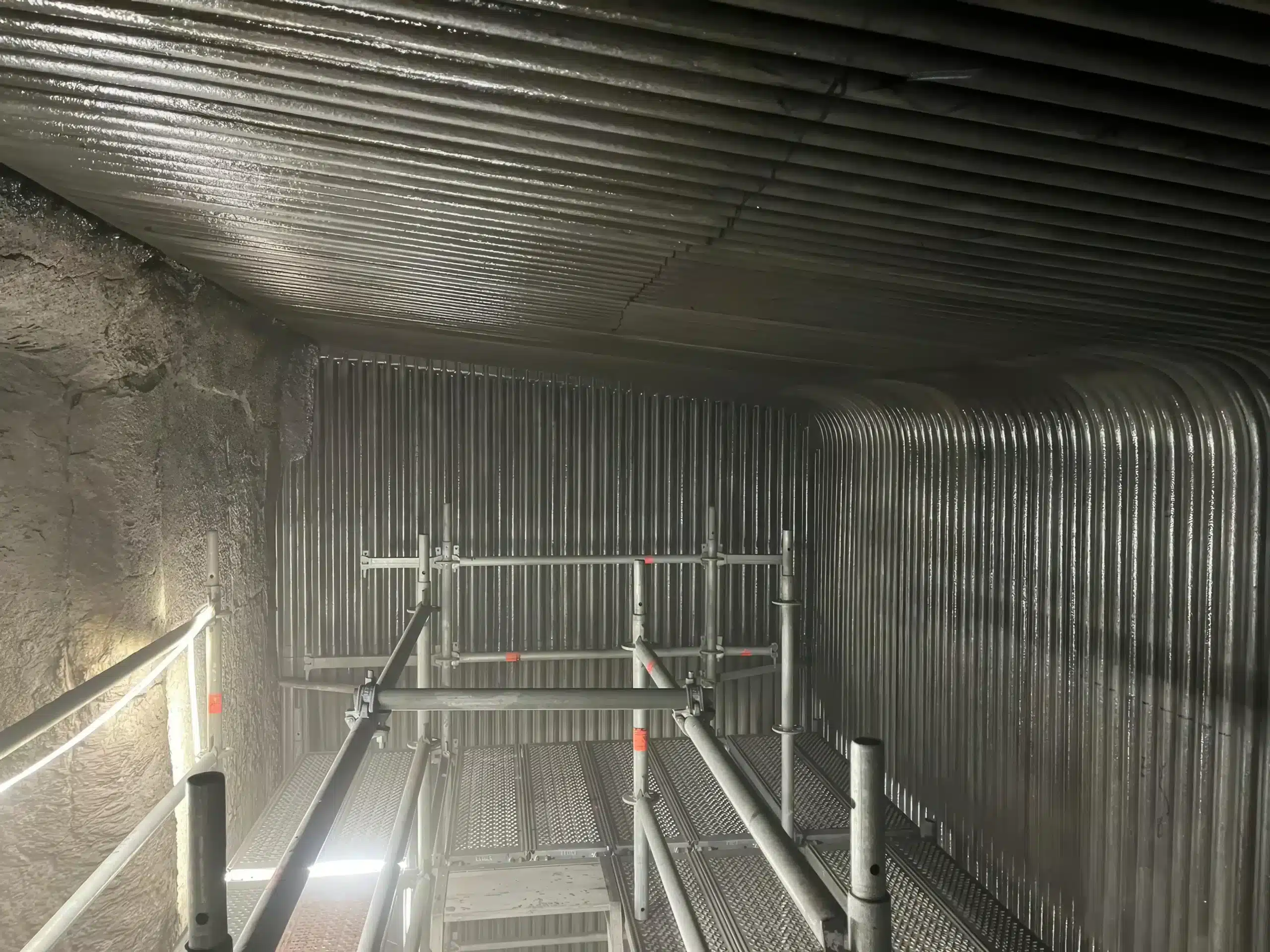
Implementation Timeline
The biomass boiler protection program was executed systematically over multiple years:
2020: Initial 35.0 m² application
2022: Major expansion covering 158.0 m²
2023: Additional 80.0 m² applied
2024: Latest refurbishment of 17.0 m²
Zero safety incidents throughout the entire project.
Inspection Results & Performance
Regular inspections confirmed HVTS® cladding durability with consistent thickness readings above 400 microns.
- Erosion resistance: No further deterioration of boiler components.
- Minimal operational disruption: HVTS® can be applied alongside other boiler maintenance tasks.
- Non-invasive application: No heat-induced distortion or pressure testing required.
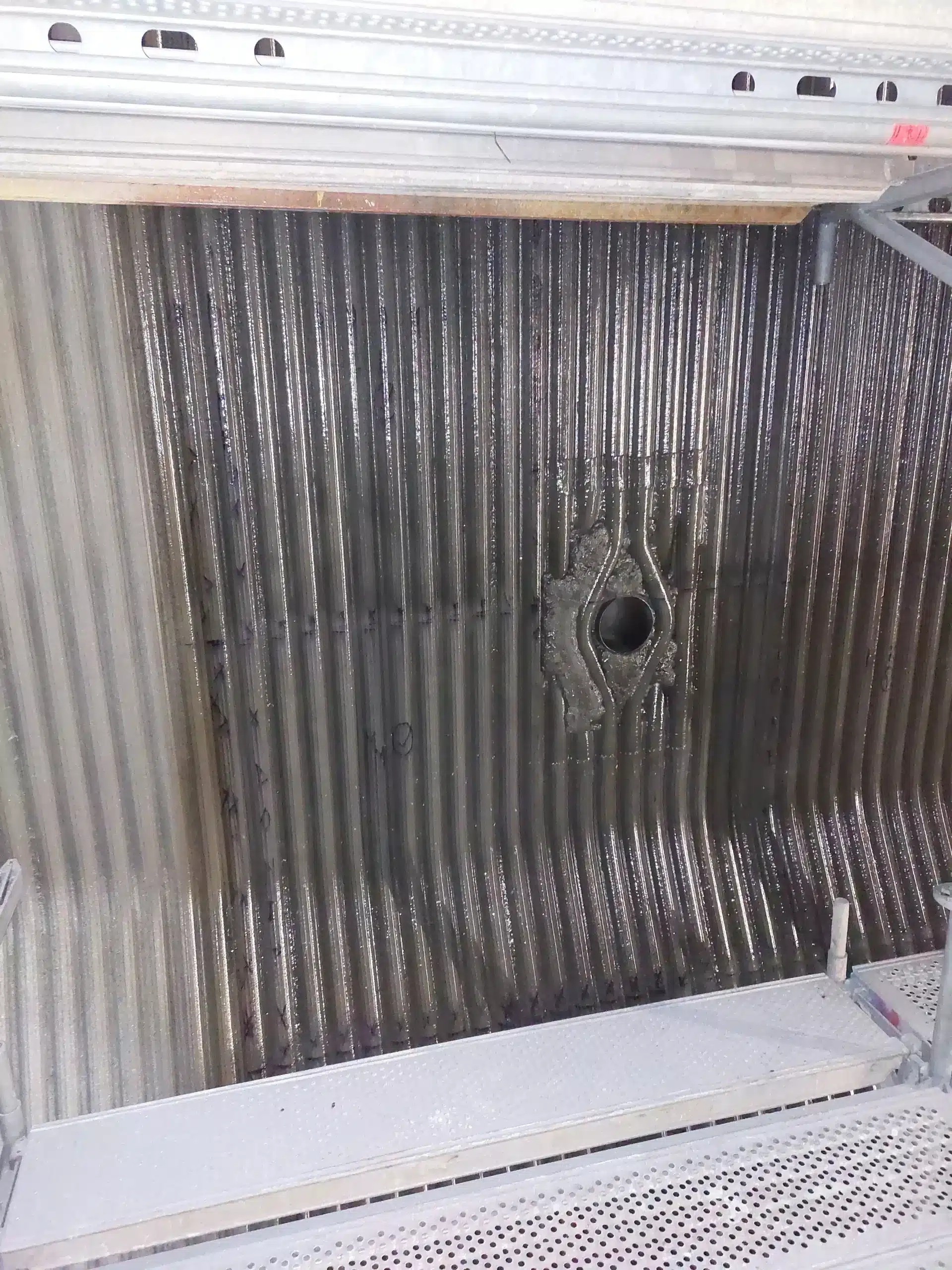

Key Benefits of HVTS® for Biomass Boilers
Flexible & Customizable
- Custom alloy formulation to counteract specific erosion mechanisms.
- Fully repairable—extends the life of previously protected Inconel panels.
Quality Assurance
- Post-application inspections verify uniform coverage and long-term effectiveness.
Safety Excellence
- Zero safety incidents in compliance with ISO 45001:2018 and OSHA best practices.
Enhanced Boiler Protection
- HVTS® cladding eliminates further biomass boiler erosion and corrosion risks.
Minimal Downtime & Operational Efficiency
- Can be applied without disrupting ongoing boiler repairs.
- No heat-related distortion, making it ideal for sensitive boiler components.
Future Recommendations
Following the successful implementation, the plant aims to:
- Conduct regular inspections during scheduled boiler maintenance.
- Identify additional high-risk areas for protection.
- Optimize maintenance schedules for sustained biomass boiler efficiency.
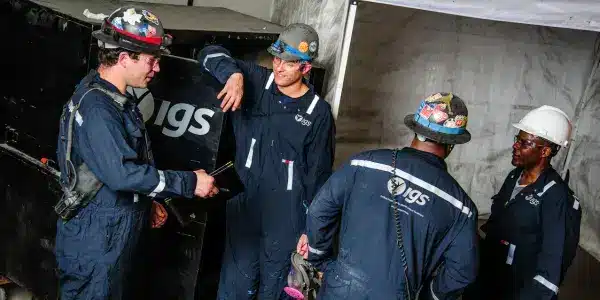
Conclusion
The HVTS® cladding solution has proven to be an effective long-term strategy for preventing boiler erosion and corrosion. With over 4,000 successful projects worldwide, IGS enables biomass power plants to extend equipment life, reduce operational costs, and avoid premature boiler replacements.
On-site Thermal Spray Coating Services from IGS:
WATCH: Addressing Fireside Corrosion in WtE Boilers
Thanks to this HVTS® project, IGS allowed the client to maintain their original shutdown schedule and maximise productivity and profit.
The client was experiencing serious fireside corrosion. Before consulting with IGS, the client was expecting to extend their shutdown period significantly to complete all necessary repair work. The problem occurred when energy prices were extremely high, meaning reduced productivity would have resulted in a serious profit shortfall. Therefore, the client’s biggest focus was maximising the productivity of the unit.
Key requirements:
- Reducing the risk of unplanned outages
- Ensuring a reliable, robust corrosion barrier
IGS was able to facilitate those key factors, with the additional benefit of delivering quickly and in situ, allowing the client to maintain their original shutdown schedule, therefore maximizing productivity and profit.
Free consultation with an IGS Subject Matter Expert
IGS is here to provide information, answer questions and create an effective solution for your needs.

